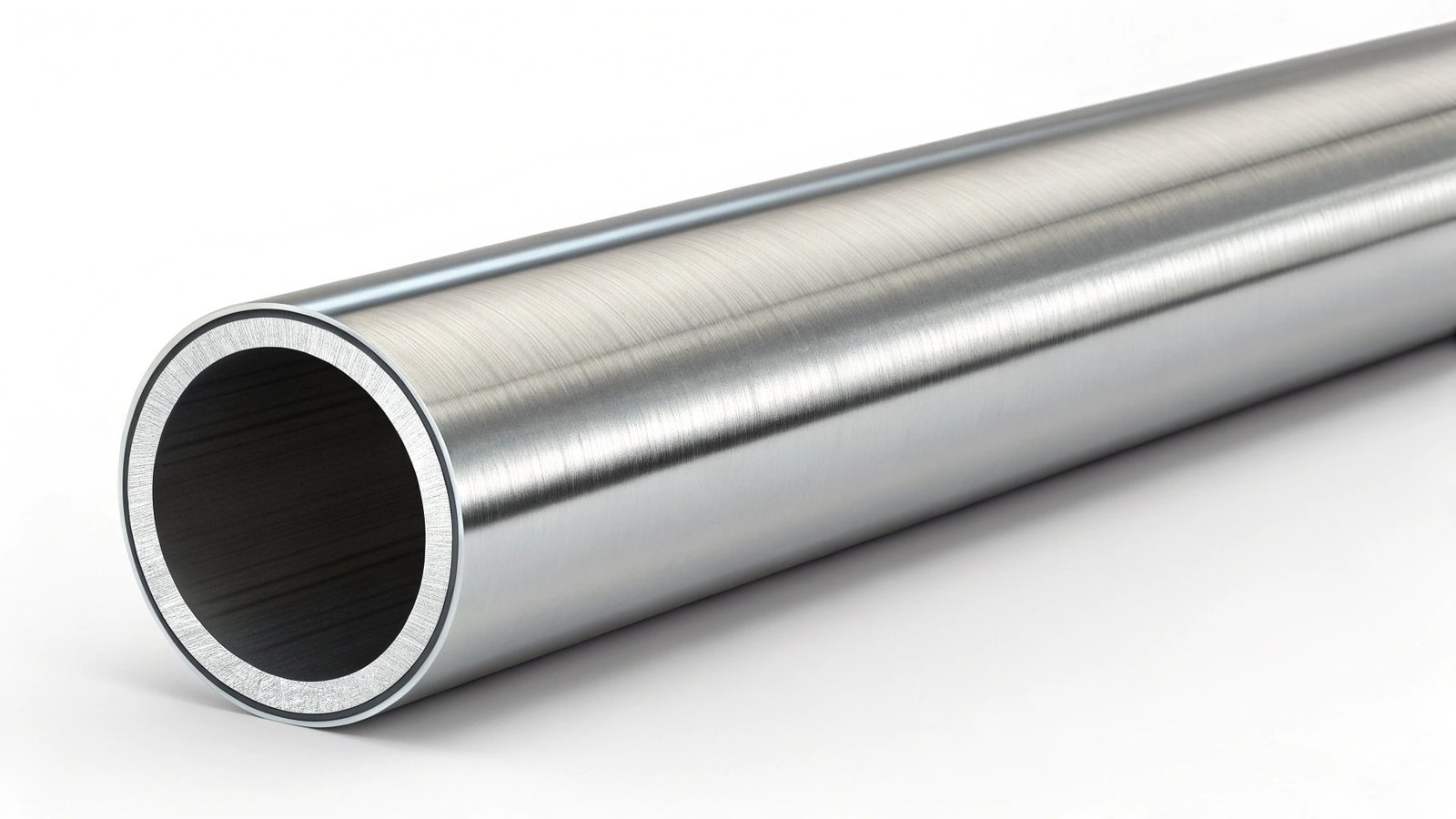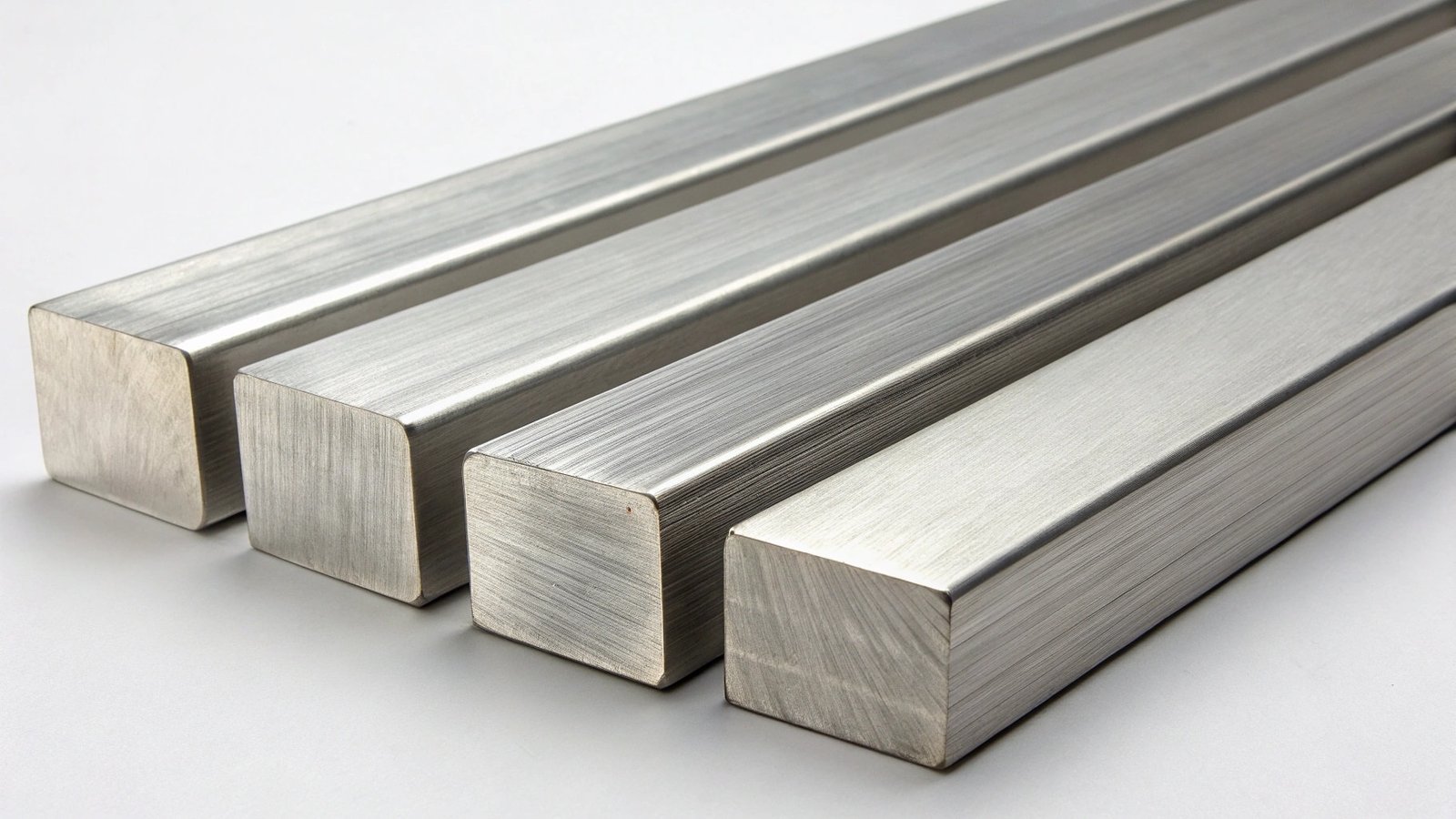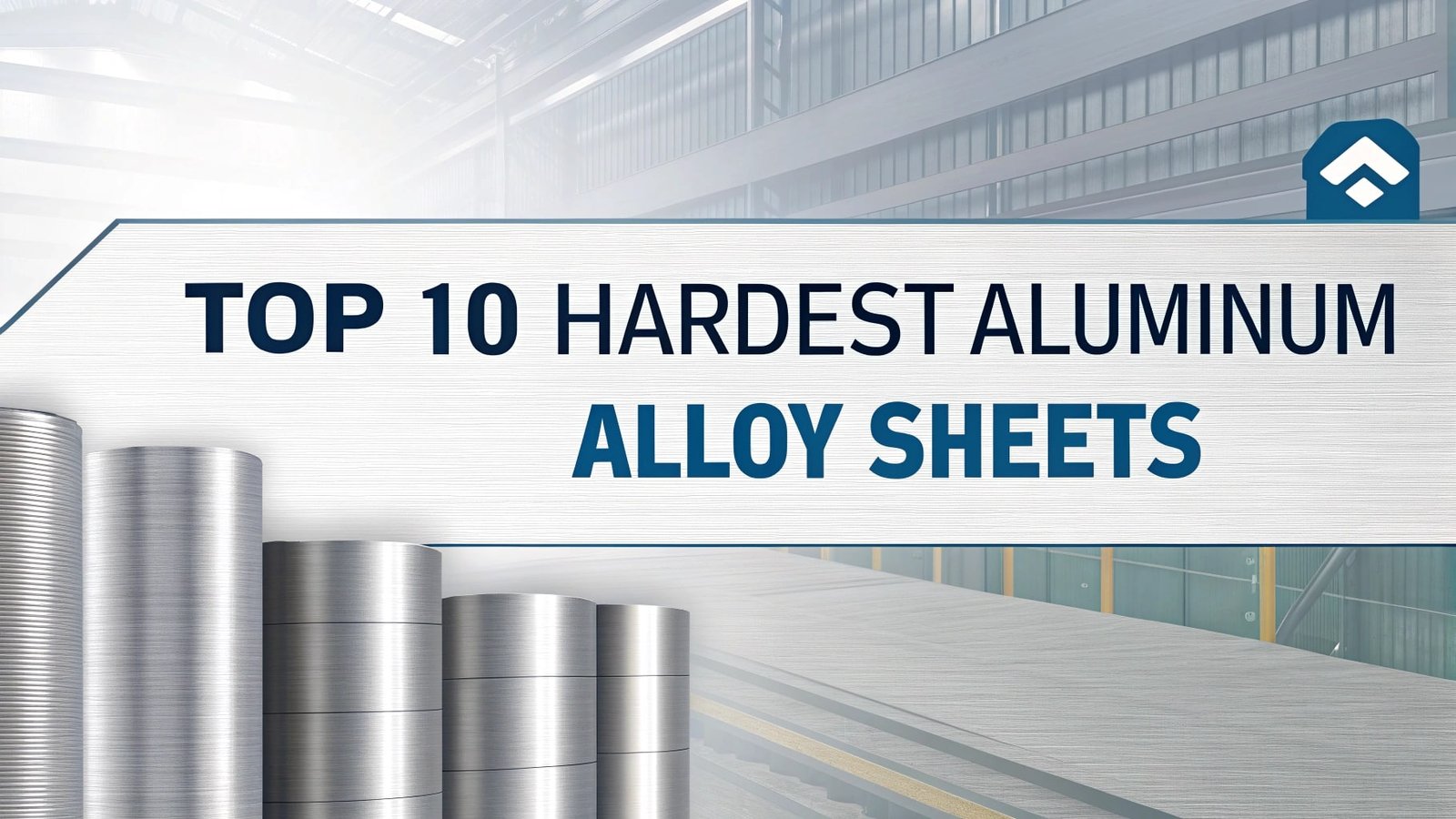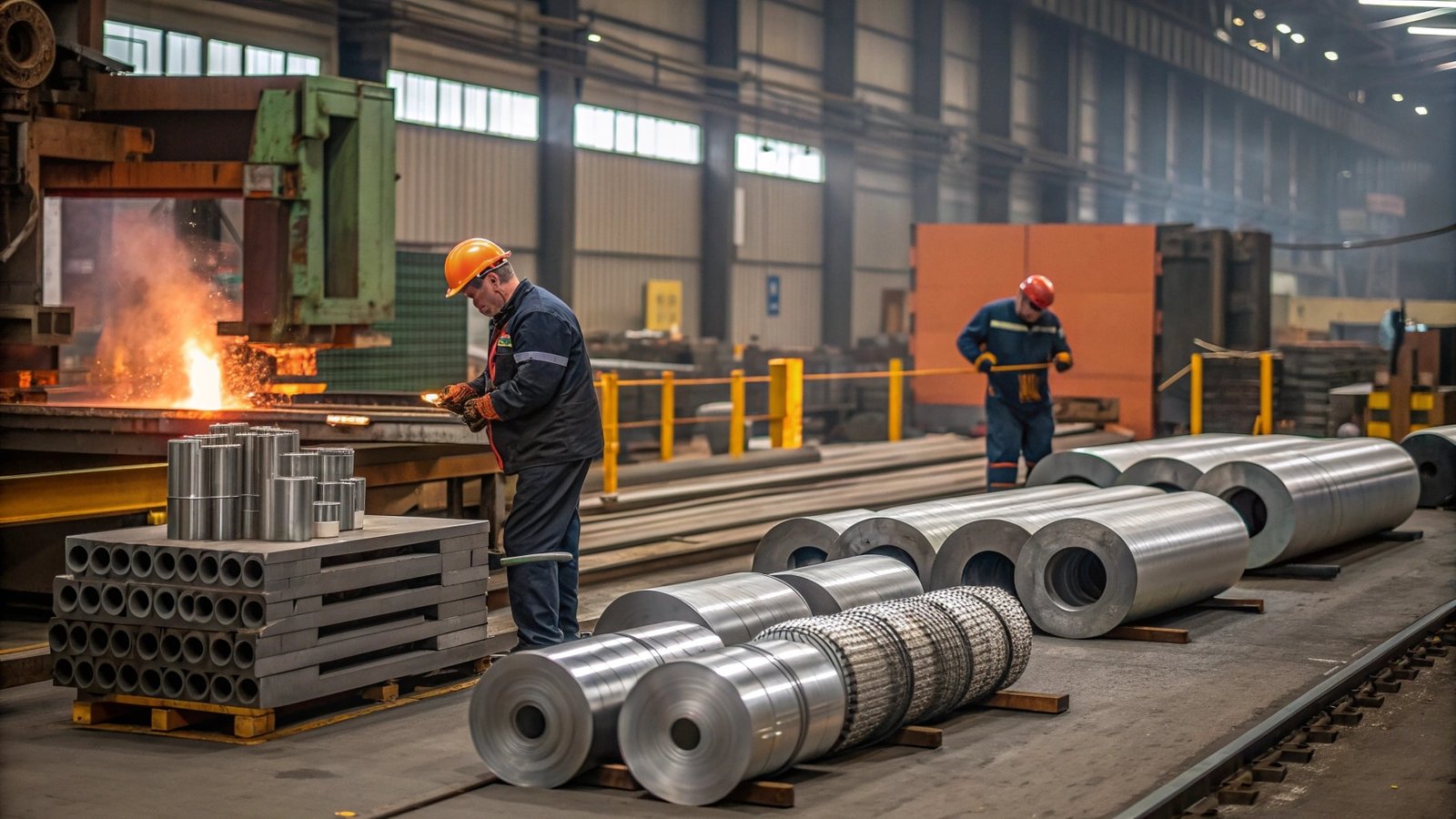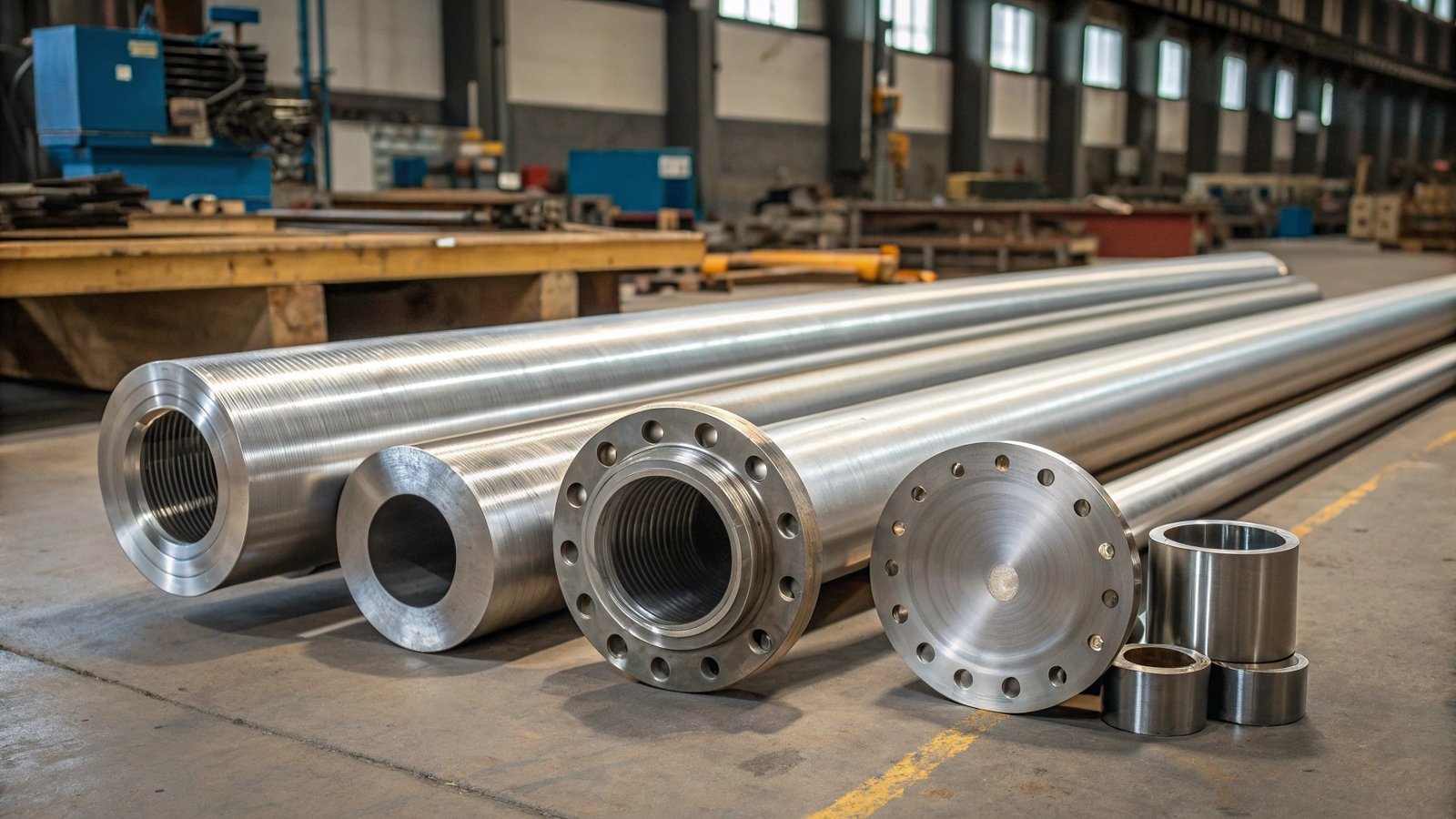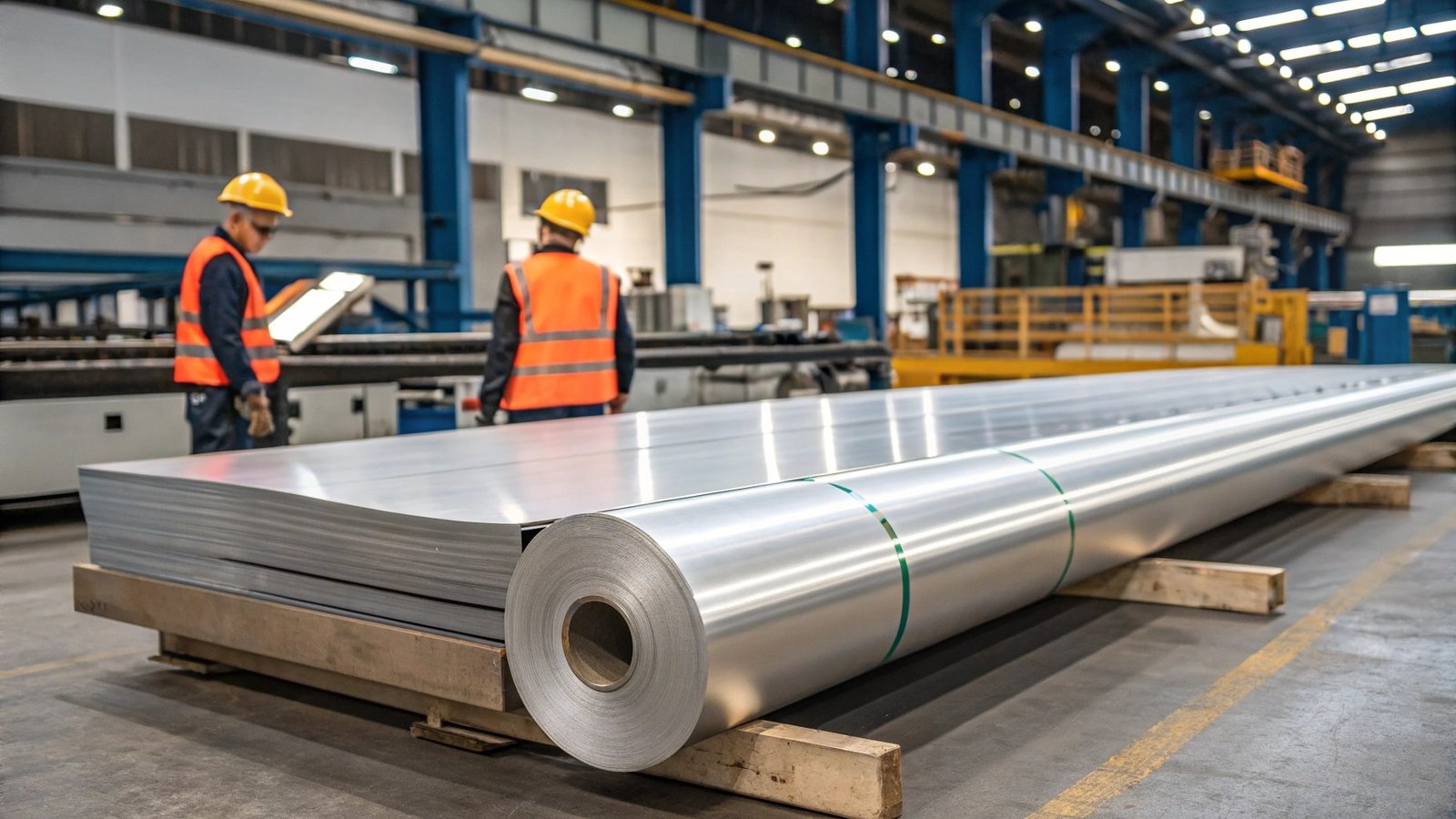Confused by "aluminum" vs "aluminium"? Using the wrong term in documents or searches can cause communication errors or missed information with global suppliers like us.
Yes, "aluminum" and "aluminium" refer to the exact same chemical element (Al). The difference is purely spelling, mainly based on regional English variations (American vs. British/International). Both mean the lightweight, silvery metal.
!
This simple spelling difference often causes questions for people working internationally. As a global supplier based in China, we at SWA Forging see both spellings regularly in communications with our clients, especially our Trader and Machining customers in the Middle East and beyond. It's helpful to understand why these two versions exist and which one you should use. Let's look into the history and current use of these terms.
Why is aluminum spelled two different ways?
Ever wonder why technical specs sometimes say "aluminum1" and others "aluminium"? This inconsistency can be puzzling when dealing with international partners or documentation we provide.
The two spellings exist because of history. Sir Humphry Davy, who isolated the element, initially proposed different names. "Aluminum" became standard in North America. "Aluminium," closer to other element names like sodium, was adopted internationally (by IUPAC).
!
Dive Deeper Paragraph: The History Behind the Spellings
The story starts in the early 19th century with the British chemist Sir Humphry Davy. He did amazing work isolating several elements. When he identified element number 13, naming it wasn't straightforward.
- First Attempts: Around 1808, Davy initially called it 'alumium', based on 'alum', a substance known since ancient times that contained the element.
- 'Aluminum' Appears: Shortly after, he used the spelling 'aluminum'. This version appeared in print.
- Settling on 'Aluminium': By 1812, Davy decided 'aluminium' sounded better. It fit the pattern of other elements he had recently isolated, like sodium, potassium, magnesium, and calcium. This '-ium' ending suggested a metallic element.
The International Union of Pure and Applied Chemistry (IUPAC), the world authority on chemical naming, later adopted 'aluminium' as the official international standard. This aimed for global consistency in scientific language.
However, in North America (the US and Canada), the spelling 'aluminum' had already become popular and widely used in publications and by chemical societies. Noah Webster's dictionary used 'aluminum', which had a big influence. So, the American Chemical Society officially adopted 'aluminum' in 1925.
At SWA Forging, we understand this history. We work with clients globally. While 'aluminium' is the international standard often used in formal specifications, we recognize and use 'aluminum' when communicating with our North American partners. Clarity is most important.
| Feature | Details | Key Point |
|---|---|---|
| Discoverer | Sir Humphry Davy | British chemist |
| Early Names | Alumium (c. 1808), Aluminum (briefly) | Initial uncertainty |
| Davy's Final | Aluminium (1812) | Matched pattern of sodium, potassium (-ium) |
| US Usage | 'Aluminum' became common early on | Webster's Dictionary, publications |
| Intl. Std. | IUPAC adopted 'Aluminium' | Global scientific consistency |
| US Std. | American Chemical Society adopted 'Aluminum' (1925) | Regional standard |
Was aluminum a spelling mistake?
Did someone just misspell "aluminium" and it stuck? It seems strange that such a common metal has two spellings, leading to minor confusion in purchase orders or specs.
No, "aluminum" wasn't exactly a mistake. It was one of the early proposed spellings used by the discoverer. This spelling gained strong popularity in North America and became the standard there, while "aluminium" became the international standard.
!
Dive Deeper Paragraph: Choice, Not Error
Thinking of "aluminum" as a simple spelling mistake isn't quite right. It reflects a divergence in how the English language developed in different regions, particularly between North America and Britain.
Sir Humphry Davy himself used both 'aluminum' and 'aluminium' in the early stages. While he eventually settled on 'aluminium' in 1812 to match the naming convention of other metals he'd isolated (like sodium, potassium – ending in -ium), the earlier 'aluminum' spelling had already appeared in print and started being used, especially in the United States.
Influential publications and figures in the US, like Noah Webster in his dictionaries, preferred and promoted the 'aluminum' spelling. The American Chemical Society later cemented this preference in the US. So, it wasn't an uncorrected error; it was a choice based on early usage and regional preference that became deeply rooted.
This situation is similar to other common spelling differences between American English and British English. Think about words like:
- Color (US) vs. Colour (UK)
- Center (US) vs. Centre (UK)
- Theater (US) vs. Theatre (UK)
- Analyze (US) vs. Analyse (UK)
In these cases, neither spelling is inherently "wrong"; they are just different standard conventions in different parts of the world. The existence of both 'aluminum' and 'aluminium' follows this same pattern of language evolution. At SWA Forging, we treat both as valid terms referring to the same element, Al.
| Aspect | Explanation | Analogy |
|---|---|---|
| Origin | Both spellings used early on by Davy | Initial variation |
| UK/Intl. | Davy/IUPAC preferred '-ium' ending for consistency | Scientific convention |
| US | Early usage and key publications favored '-um' ending | Regional preference |
| Status | Accepted regional standard, not an error | Like 'color' vs 'colour' |
| Reference | Both refer to the same element (Al) | Meaning is identical |
What is the correct way to spell aluminum?
Frustrated trying to figure out the 'right' spelling for your reports or emails? Using the 'wrong' one might feel unprofessional or confusing depending on your audience.
Both "aluminum" and "aluminium" are correct, but the best choice depends on your audience and context. "Aluminum" is standard in the United States and Canada. "Aluminium" is standard in the UK, Australia, New Zealand, and preferred internationally (IUPAC).
!
Dive Deeper Paragraph: Context is Key
There isn't one single "correct" way that applies everywhere. The best spelling to use depends entirely on who you are communicating with and the context of your writing.
- For North American Audiences (US & Canada): Use "aluminum". This is the spelling people expect to see in everyday language, technical documents, and industry publications in these countries. Using "aluminium" might look unusual or even slightly foreign.
- For UK, Australian, New Zealand Audiences: Use "aluminium". This is the standard spelling in British English and related variants. Using "aluminum" would be recognized as the American spelling.
- For International/Scientific Audiences: "Aluminium" is generally preferred. The International Union of Pure and Applied Chemistry (IUPAC), which sets global standards for chemical nomenclature, officially uses "aluminium". So, for scientific papers or truly global technical documents, "aluminium" is often the safer bet for consistency.
- Our Approach at SWA Forging: As an international exporter based in China, we serve clients globally, including many in the Middle East, Europe, and North America. We understand both spellings are valid. In our formal documentation like Material Test Reports (MTRs) or technical datasheets intended for a broad audience, we often use the IUPAC standard "aluminium" for consistency. However, when communicating directly with clients in the US or Canada, we readily use "aluminum" to match their convention. Our goal is clear communication. If you're unsure, consider your primary audience. If it's mixed, 'aluminium' might have slightly broader international recognition, but 'aluminum' is perfectly understood worldwide thanks to US influence.
| Audience / Context | Recommended Spelling | Reason |
|---|---|---|
| United States, Canada | Aluminum | Standard regional usage |
| United Kingdom | Aluminium | Standard regional usage |
| Australia, New Zealand | Aluminium | Follows British English standard |
| International / IUPAC | Aluminium | Official international scientific standard |
| Mixed / Unsure | Aluminium (safer) | Aligns with IUPAC, widely understood |
| SWA Forging Practice | Adaptable | Use client's preference or 'aluminium' formal |
How do British people spell aluminum?
Dealing with UK suppliers, customers, or technical standards? Knowing their preferred spelling helps communication flow smoothly and avoids minor misunderstandings or search issues.
British people, and others who follow British English (like Australia, NZ), consistently spell the element "aluminium". This spelling, with the extra "i", is the standard taught and used across the UK.
!
Dive Deeper Paragraph: The British Standard - Aluminium
In the United Kingdom, the spelling is unequivocally "aluminium". This is the version you'll find in dictionaries, textbooks, scientific journals, industry publications, and everyday usage throughout Britain.
The preference for "aluminium" aligns with the naming convention established by Sir Humphry Davy back in 1812. He wanted the name to sound similar to other metallic elements he had worked on, such as:
- Sodium (Na)
- Potassium (K)
- Magnesium (Mg)
- Calcium (Ca)
All these end with the "-ium" suffix, which became a common indicator for metallic elements in chemistry. The spelling "aluminium" fits this pattern perfectly.
The American spelling "aluminum" is recognized in the UK, but primarily as the way Americans spell it. It's not considered standard British English. If you're writing technical specifications, purchase orders, or emails for a company or individual based in the UK, using "aluminium" shows attention to detail and aligns with their standard practice.
At SWA Forging, we frequently work with partners and clients who use British English. Our team is fully aware that "aluminium" is the standard in the UK, Australia, New Zealand, India, and many parts of Europe and the Middle East that follow British conventions. While we understand "aluminum" perfectly well, we often use "aluminium" in our communications and documentation targeting these regions to ensure clarity and use the locally preferred term.
| Region/Standard | Spelling | Basis |
|---|---|---|
| British English | Aluminium | Standard usage, follows Davy's '-ium' pattern |
| American English | Aluminum | Standard usage, historical preference |
| UK Context | Use Aluminium | Aligns with local convention |
| Other '-ium' Metals | Sodium, Potassium, Magnesium, Calcium | Shows the pattern Davy followed |
Conclusion
Ultimately, aluminum and aluminium are just two spellings for the same versatile metal (Al). Use "aluminum" in North America, "aluminium" elsewhere or internationally. We at SWA Forging understand both!
-
Understanding the difference can help avoid communication errors with global suppliers and ensure clarity in international dealings. ↩


